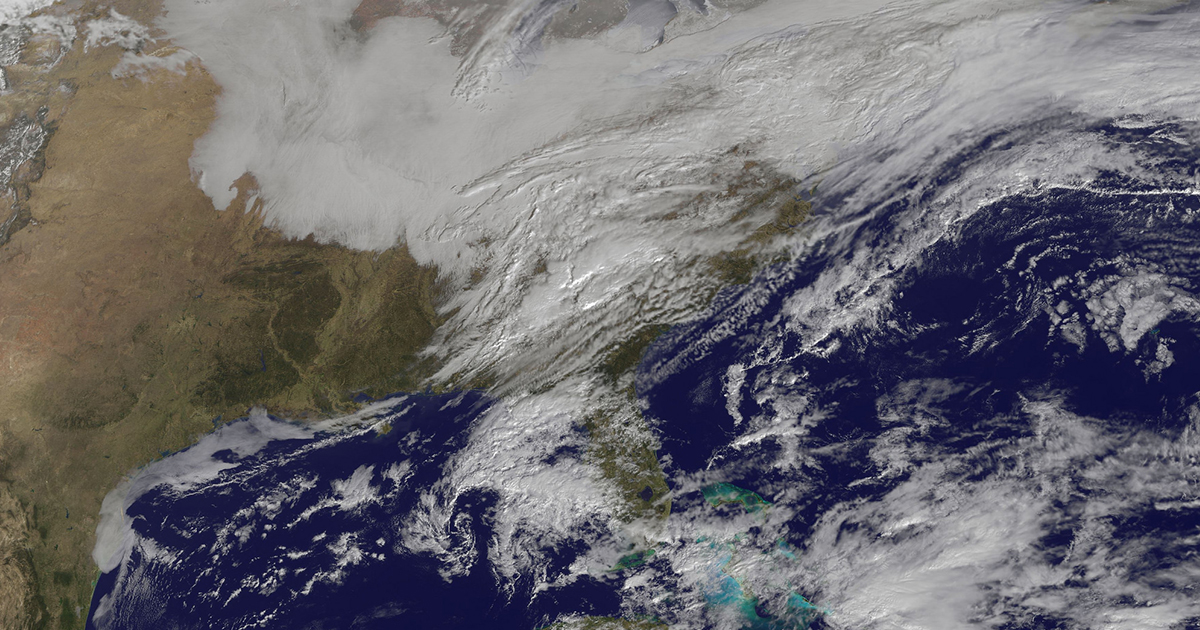The Earth Broke Another Climate Change Record in August

By:
The last 11 months have been the hottest on record since climate scientists began measuring global average temperatures in 1880. August tied July — which is typically the hottest month of summer — as the warmest month on record, according to NASA.
 Flickr/NASA Goddard Space Flight Center - flic.kr
Flickr/NASA Goddard Space Flight Center - flic.kr
The extreme weather we've seen this year is partially the product of El Niño, a climate cycle that can affect weather patterns, and other seasonal conditions. But climate scientists have found that these factors have a minimal impact on global average temperatures compared to human-driven climate change. (At this point, the warmer oceanic temperatures associated with El Niño have mostly neutralized.)
"The month-to-month temperature spikes that we're seeing are because, the year we're in, there is a strong El Niño," Dr. Caspar Ammann, a climate scientist at the University Corporation for Atmospheric Research, told ATTN:. That extreme seasonal weather pattern has "superposed" climate change trends, "but the absolute signal we're getting is human-driven," he added.
In August, the average global temperature was about one degree (Celsius) higher than scientists have ever recorded; the last time August reached a record-breaking temperature was in 2014, when it was .82 degrees (Celsius) above average. A difference of one degree might not sound extreme, but it's important to consider where on the planet temperatures are spiking, Slate's Phil Plait wrote:
"[M]uch of this incredible heat spike is located in the extreme northern latitudes. That is not good; it’s this region that’s most fragile to heating. Temperatures soaring to 7° or more above normal means more ice melting, a longer melting season, loss of thinner ice, loss of longer-term ice, and most alarmingly the dumping of billions of tons of fresh water into the saltier ocean which can and will disrupt the Earth’s ability to move that heat around."
Month-by-month temperature changes are significant, but they don't tell the full story.
As NASA GISS Director Gavin Schmidt pointed out, "the long-term trends are the most important for understanding the ongoing changes that are affecting our planet." You can read the long-term data here, or you can watch this helpful data visualization to understand how August 2016 fits into overall climate change trends since 1880. (This data comes from about 6,300 meteorological stations that measure temperature globally.)
The scientific consensus is that humans, not natural cycles, are largely to blame for long-term climate change patterns. Ever since we started burning fossil fuels at an unprecedented rate (starting at the Industrial Revolution) and dumping millions of tons of heat-trapping carbon dioxide into the atmosphere each day, we've seen global warming that far outpaces historical trends.
